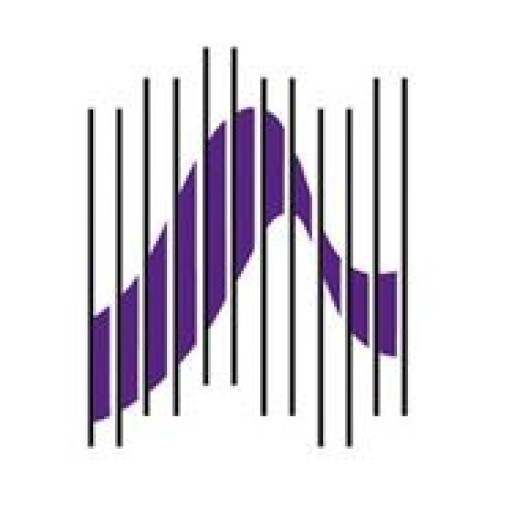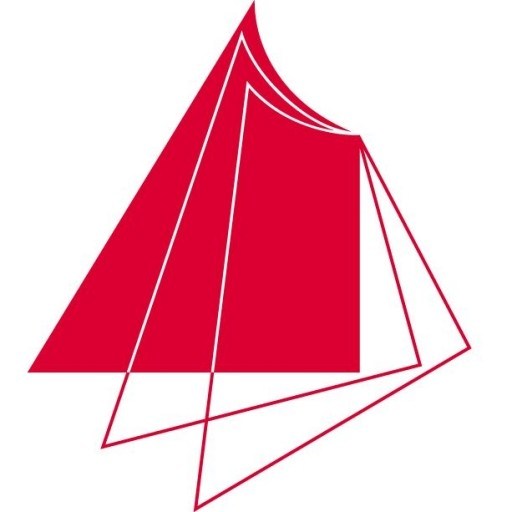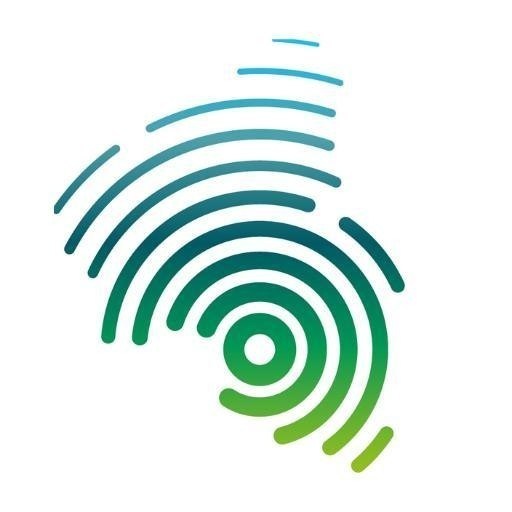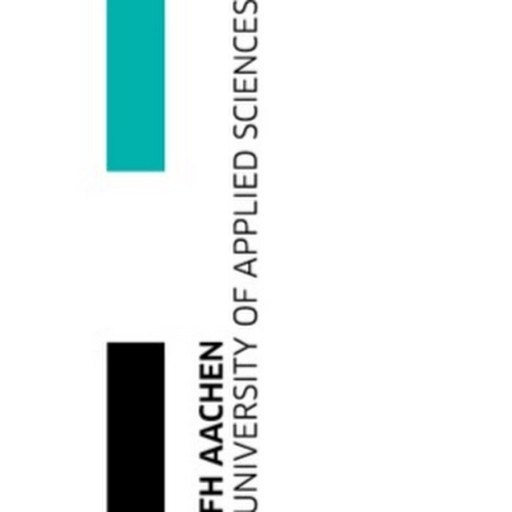International Mechatronics at Ravensburg-Weingarten University of Applied Sciences offers a comprehensive and interdisciplinary education designed to prepare students for the dynamic field of modern automation and intelligent systems. The program combines principles of mechanical engineering, electrical engineering, computer science, and control engineering to equip graduates with the skills necessary to develop innovative solutions in robotics, manufacturing, and process automation. Throughout the course of study, students engage with cutting-edge technologies such as embedded systems, sensors, actuators, and automation software, gaining practical experience through laboratory work, projects, and internships. The curriculum emphasizes both theoretical knowledge and hands-on application, fostering problem-solving abilities and technical competencies essential for working in international and interdisciplinary teams. The program is taught in English, attracting students from around the world, and aims to prepare graduates for global careers in industry, research, and development. Students will learn to analyze complex technical systems, design intelligent components, and implement automation processes across various sectors. Specializations and elective modules allow for tailoring the education to individual interests, whether in robotics, smart factory automation, or embedded systems. The program also emphasizes soft skills such as project management, communication, and intercultural competence, all crucial for leadership roles in the international market. Located in the vibrant Swabian region, the university provides a supportive environment with state-of-the-art laboratories, modern teaching methods, and close ties to industry partners, offering ample opportunities for real-world experience and networking. Graduates of the International Mechatronics program are well-positioned to contribute to technological innovations and advancements, making a significant impact in the global automation landscape.
Educational organisation
Prior to the beginning of lectures: intensive German language course (September)First semester (MM1)
- Advanced Mathematics for Engineers
- Electrical Drives
- Engineering Design and Materials
- Engineering Mechanics
- Power Electronics
- Process Interface Equipment
- Simulation of Mechatronic Systems
- Social Competence: German as a foreign language, Intercultural Sensitisation (one-day seminar)
- Optional Module: PLC Programming
Second semester (MM2)
- Automation
- Advanced Control Engineering (ACE)
- Lab on ACE
- Embedded Computing
- Integration of Mechatronic Systems
- Robotics
- Lab on Robotics
- Lab on Process Interface Equipment
- Scientific Project
- Working in International Scientific Project Teams (2-day seminar)
- German as a foreign language
- Optional Modules (e.g.):
- Systems analysis with LabVIEW
- Research Project
Third semester (MM3)
- Master's thesis
Study abroad unit(s)
German students should write their Master's thesis outside Germany. This can be done at one of our partner universities or - if the project allows - at a company or a research institute abroad.Internships
Not applicableForms of assessment
- Written examinations (60 or 90 minutes), oral examinations in exceptional cases only
- For labs, projects, and the Master's thesis, written report and/or personal presentation
Course objectives
Solutions for complex technical systems usually require contributions from several different engineering disciplines. This Master's programme aims to train graduates with an engineering background in the relevant complementary topics needed for the development of an increasing range of advanced mechatronic products.Typical employment areas for mechatronics engineers are in research or in the development, production and maintenance of integrated mechatronic systems. Products such as intelligent sensors, autonomous robots or high precision mechanical devices are booming fields of industrial applications and increase the demand for graduates of the Mechatronics programme.
An important field for mechatronics research and application are hybrids and electrical drives in passenger cars and bicycles.
To summarise, engineers with a Master's degree in Mechatronics can improve their job prospects significantly for the following three reasons:
- Interdisciplinary proficiency through individually composed and targeted study plans based on the first degree (Mechanical Engineering, Mechatronics, Electrical Engineering, Computer Science, Applied Physics, etc.)
- Intercultural and language competence thanks to the international orientation of the programme
- Recognition of the MSc degree as a basis for consecutive PhD studies with partner universities and institutes
Language requirements
Very good knowledge of the English language, minimum requirements: TOEFL iBT 70 or IELTS Band 6.0Academic requirements
Bachelor's degree in Mechanical Engineering, Electrical Engineering, Mechatronics, Applied Physics or Computer Science with a minimum of 210 ECTS credits. Graduates from three-year Bachelor programmes (180 ECTS credits) can be considered provided they meet additional requirements.60% of the places available will be allocated on the basis of the GRE Revised General Test results. This means that only applicants that have taken the GRE test will be considered for this quota.
40% of the places available will be allocated on the basis of the final grade of the Bachelor's degree as well as the results in mathematics and other relevant subjects. Applicants who at the time of application have not yet obtained the Bachelor's degree will be ranked according to their current GPA. The final grade or the GPA, respectively, can be improved by providing proof of relevant work experience or research activities.
Enrolment fees
147.50 EUR per semesterCosts of living
In order to obtain a visa for Germany, international students must prove that they have a minimum of 735 EUR per month at their disposal (minimum 8,820 EUR per year). The same financial requirements apply for an extension of the residence permit approx. one year after the student's arrival. Monthly rent in dormitories amounts to approx. 300 EUR. Contribution to health insurance, which is compulsory in Germany, amounts to approx. 82 EUR per month.Job opportunities
Foreign students registered at universities in Germany can take on jobs without an approval requirement provided that this work does not exceed 120 full days or 240 half days in total in a calendar year. Jobs as research or student assistants can also be performed without an approval requirement and without any time limits.However, finding jobs in companies or at the university is not easy. Applicants should also be aware of the fact that university studies are highly demanding and might not allow enough time to take on a job at the same time. International students should therefore not plan to finance their stay in Germany by earning money while studying.
Funding opportunities within the university
In their final year of study, students in need of support can apply for a so-called Matching Funds Scholarship (details: International Office).Arrival support
Senior students help newcomers on arrival (Buddy Programme, see below). Other formalities are dealt with in the Welcome and Orientation Programme organised by the International Office (second week of September), see below.Services and support for international students
- Buddy Programme: Senior students, both German and international, help newcomers on arrival and throughout the semester. The so-called "buddies" are ready to answer questions even before the new students arrive.
- One-week Welcome and Orientation Programme in September: Dealing with formalities (registration at the university and in the community, health insurance, bank account, computer accounts, etc.) and exploring the region
- German language courses: Two weeks intensive course in September, 2-4 hours/week during the lecture period, both at different levels
- Welcome Brochure: Relevant information regarding studying and student life for all new international students
- Numerous one- or two-day excursions throughout the semester
- International events at the university
- Brother and Sister Programme: International students meet German citizens
- Support with respect to health insurance and foreigners' authority
- Continuous information on events, programmes, seminars, scholarships, laws, and other news relevant to international students
Accommodation
Accommodation is mainly provided and organised by the organisations "Seezeit Studentenwerk Bodensee" and "Weiße Rose e.V.", which run dormitories in Weingarten and Ravensburg. After having been awarded a place at Ravensburg-Weingarten University of Applied Sciences, students have to reserve rooms directly and without delay.However, there is no guarantee for a room in a dormitory. As to other housing options, please see http://www.hs-weingarten.de/en/web/international-office/accommodation.










